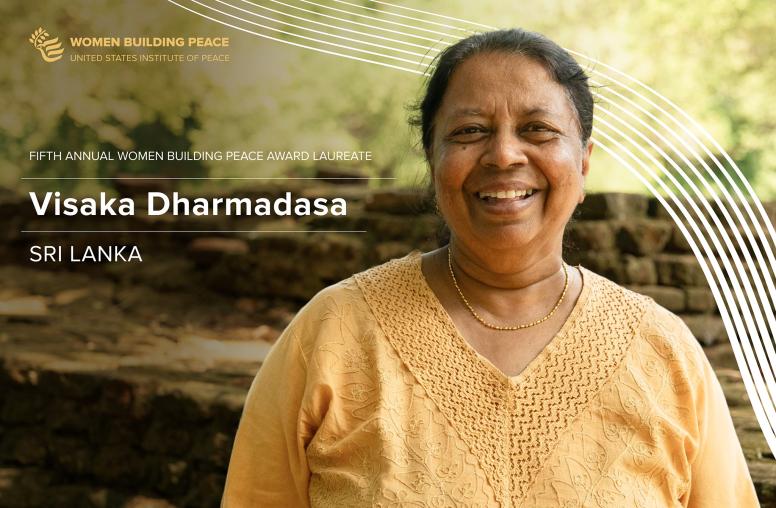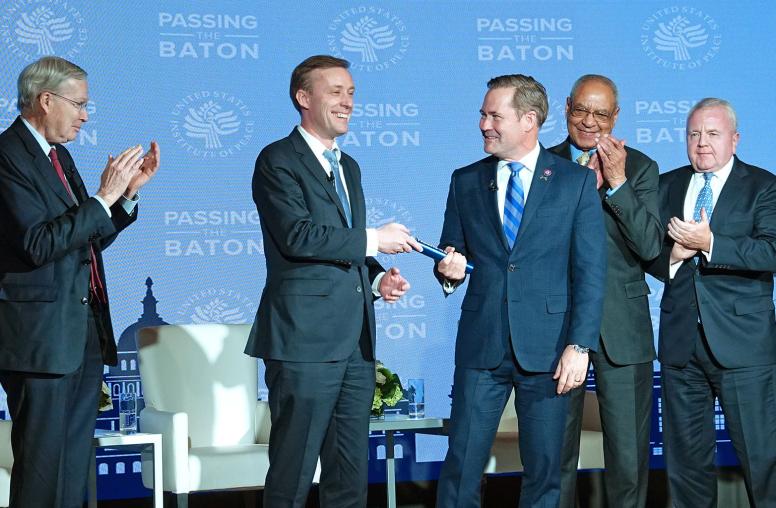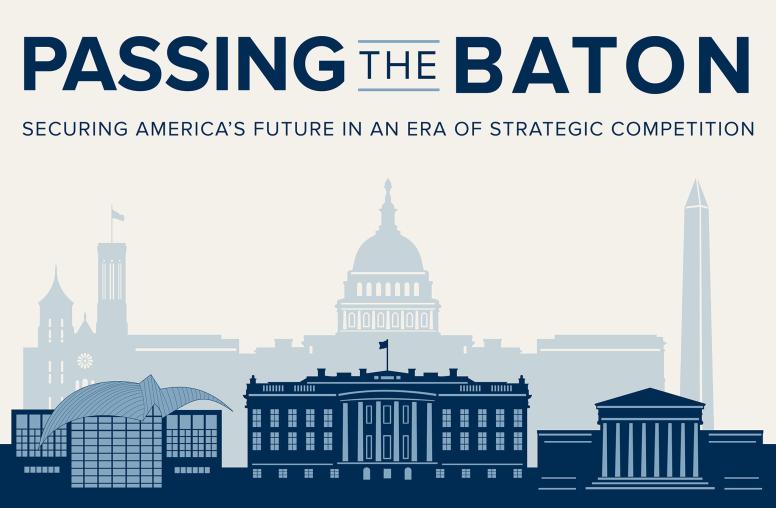USIP Experts Discuss Developing Situation in Middle East, North Africa
(Washington) – Experts from the U.S. Institute of Peace are closely following developments throughout the Middles East and North Africa. In a series of reports and interviews, they cover a wide range of issues. Below are excerpts from the analyses with links to the full commentaries:
For Immediate Release, March 29, 2011
Contact: Allison Sturma, 202-429-4725
(Washington) – Experts from the U.S. Institute of Peace (USIP) are closely following developments throughout the Middle East and North Africa. In a series of reports and interviews, they cover a wide range of issues. Below are excerpts from the pieces with links to the full commentaries:
Raymond Gilpin and others on Defusing Egypt's Demographic Time Bomb
"Employment creation that focuses on the youth is not a silver bullet and will not guarantee success on its own. It will, however, broaden the constituency for reform by making Egypt’s youth more involved in shaping the destiny of the country’s 82 million citizens. Egypt will need a lot of help. Employment generation is important but the main goal is a better human development of the entire population. This would include education, health, water and much more."
Paul Hughes on the No Fly Zone over Libya
"Despite the determination of NATO to limit its operations to only support in the narrowest sense UNSCR 1973, combat operations (despite how one may define them) assume a life of their own. Both belligerents are not obligated to coordinate their operations with NATO although analysis suggests that current coalition air operations (conducted by three NATO members – the U.S., UK, and France) are actively supporting the rebels’ operations."
Steven Heydemann on The Unfolding Situation in Yemen
"What is certain, however, is that a waiting game that delays the near inevitable departure of President Saleh will have crippling consequences. While the country remains paralyzed at the center, violence is escalating in the South, where al-Qaeda in the Arabian Peninsula is based. Forces loyal to the regime are being relocated from outlying areas to the capital to reinforce Saleh’s support, leaving day-to-day governance in the hands of local actors. In northwest Saada Governorate, where an insurgency led by members and allies of the al-Houthi tribe has persisted for years, al-Houthi forces have seized control of critical government functions. The longer Saleh clings to power, the more fragmented and fractionalized Yemen will become."
Scott Lasensky on Protests in Syria
"Syria occupies a strategic crossroads in the Middle East. The potential dangerous scenarios sparked by the current crisis are too innumerable to list: an incident in Lebanon or Israel could be staged to divert attention from domestic protests; with the regime’s attention elsewhere, insurgents could slip across Syria’s long and porous border with Iraq; vulnerable populations in Syria—like hundreds of thousands of Iraqi refugees, or Syria’s disenfranchised Kurdish population—could become scapegoats."
Lawrence Woocher on Libya, Genocide Prevention and the Responsibility to Protect
"I would argue that it is in the U.S. national interest to prevent mass atrocities from happening anywhere, including in Libya. This interest is derived partly from the intersection of atrocities with political instability, massive humanitarian demands, and other ills that the United States has an interest in preventing."
Scott Worden and others on Analyzing Post-Conflict Justice and Islamic Law
"Islamic law – and its emphasis on social and criminal justice – is a cornerstone of transnational Muslim identity and thus offers a potentially powerful platform for implementing post-conflict justice in Islamic societies. Yet the perpetrators – including countries where violence has occurred – often complain that calls for justice for particular atrocities are in some way 'Western' or are otherwise being imposed on subjects in violation of the principles of Islam."
###
The United States Institute of Peace (USIP) provides the analysis, training and tools to help to prevent, manage and end violent international conflicts, promote stability and professionalize the field of peacebuilding. Learn more at www.usip.org.



